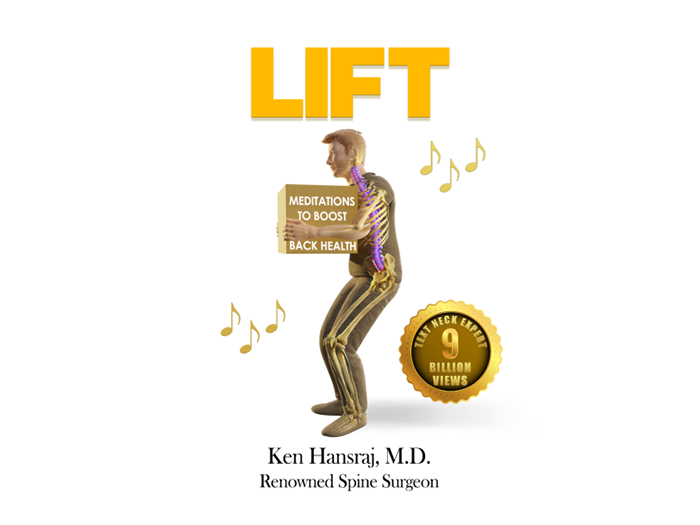From 1999 to 2019, 500,000 people died from an overdose involving any opioid, including prescription and illicit opioids. The number of drug overdose deaths increased by 5% from 2018 to 2019 and has quadrupled since 1999. Over 70% of the 70,630 deaths in 2019 involved an opioid. From 2018 to 2019, opioid-involved death rates increased by over 6%. Although recently declared a public health crisis, the opioid epidemic has been causing pain and anguish in the United States for many years.
This rise in opioid overdose deaths can be outlined in three distinct waves.
The first wave began with increased prescribing of opioids in the 1990s, with overdose deaths involving prescription opioids (natural and semi-synthetic opioids and methadone) rising since at least 1999.
The second wave began in 2010, with rapid increases in overdose deaths involving heroin.
The third wave began in 2013, with significant increases in overdose deaths involving synthetic opioids, particularly those involving illicitly manufactured fentanyl. The market for illicitly manufactured fentanyl continues to change, and it can be found in combination with heroin, counterfeit pills, and cocaine.
While part of the responsibility to slow the epidemic falls on physicians, there are many factors that people can employ in their daily lives to increase the threshold to stay away from narcotics.
Back pain, neck pain, sciatica and arm pain are the most common complaints around the globe. In all countries, 4 out of 5 people suffer from these ailments at some point in their life. The cumulative world cost for treating these pains is $300 – $500 billion per year.
The pandemic has rendered people to solitary states & has diminished our mobility and worsened our back pain. If you have ever had these pains, you know how hard it is to focus on anything else… you search for all the answers and remedies, just to feel normal again. Well, here is the answer you’ve been looking for.
As a spinal surgeon, I see people in pain every day. Many come in for consideration of extensive spinal surgeries. Yet, I am amazed that people are not aware of everything they can do to help themselves, free, every day. Hence this meditation catapulted from my brain to paper, and my fantastic production team recorded it. Genius musicians, Juilliard Professors of Music Kendall Durelle Briggs and Emi Ferguson rendered the supporting music.

COMMENTS